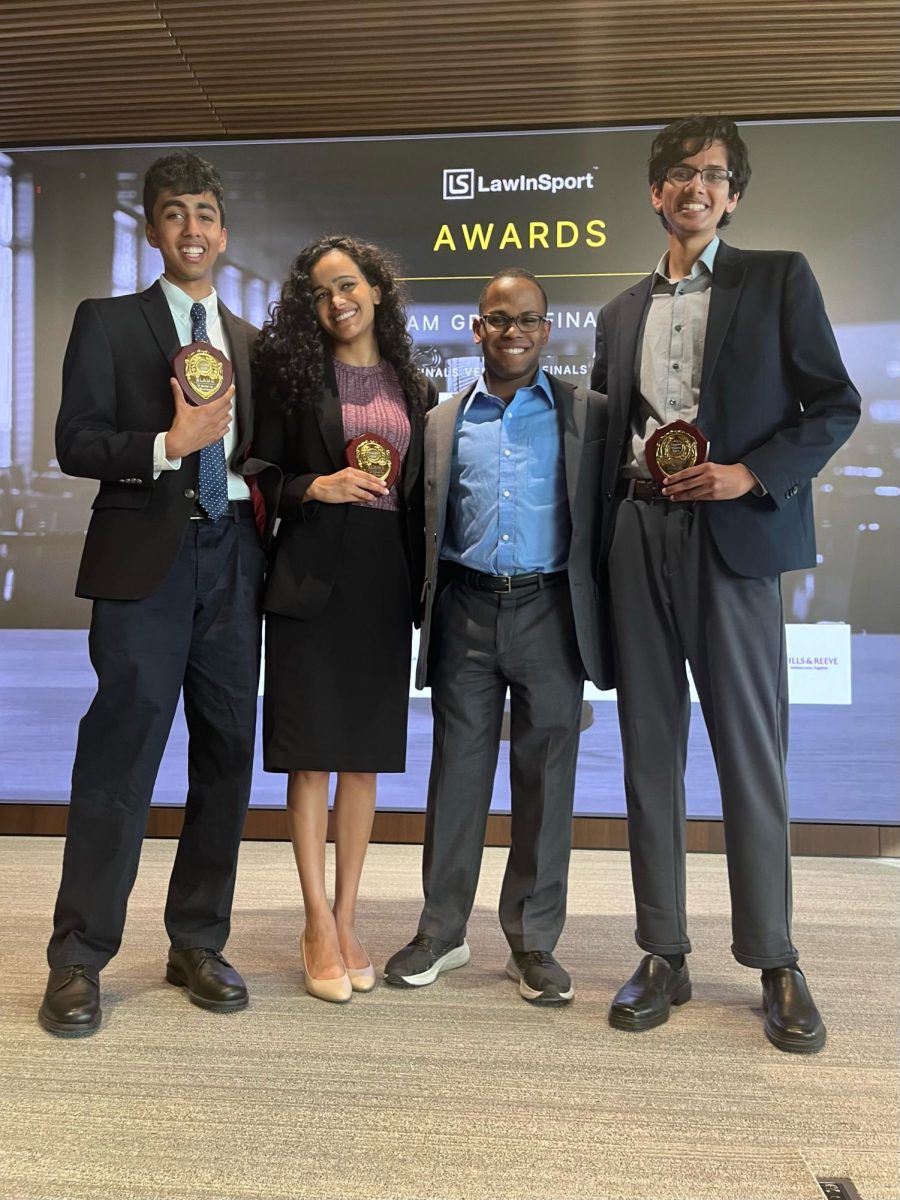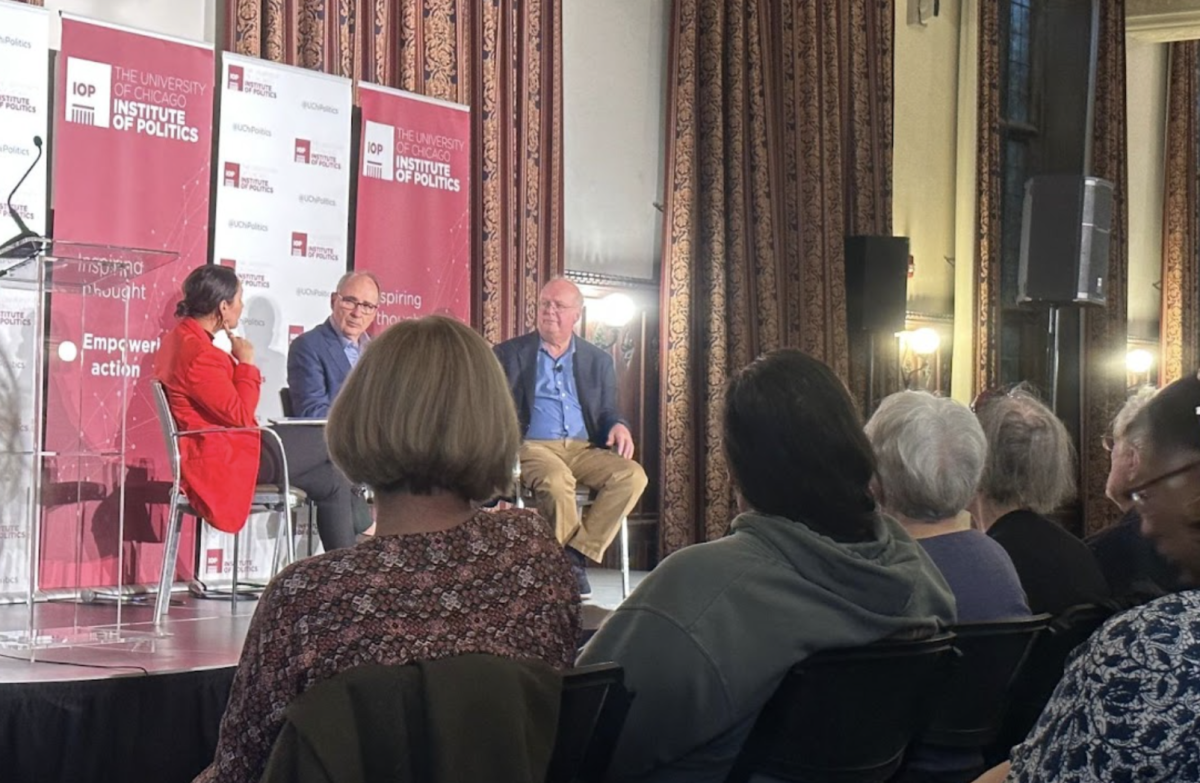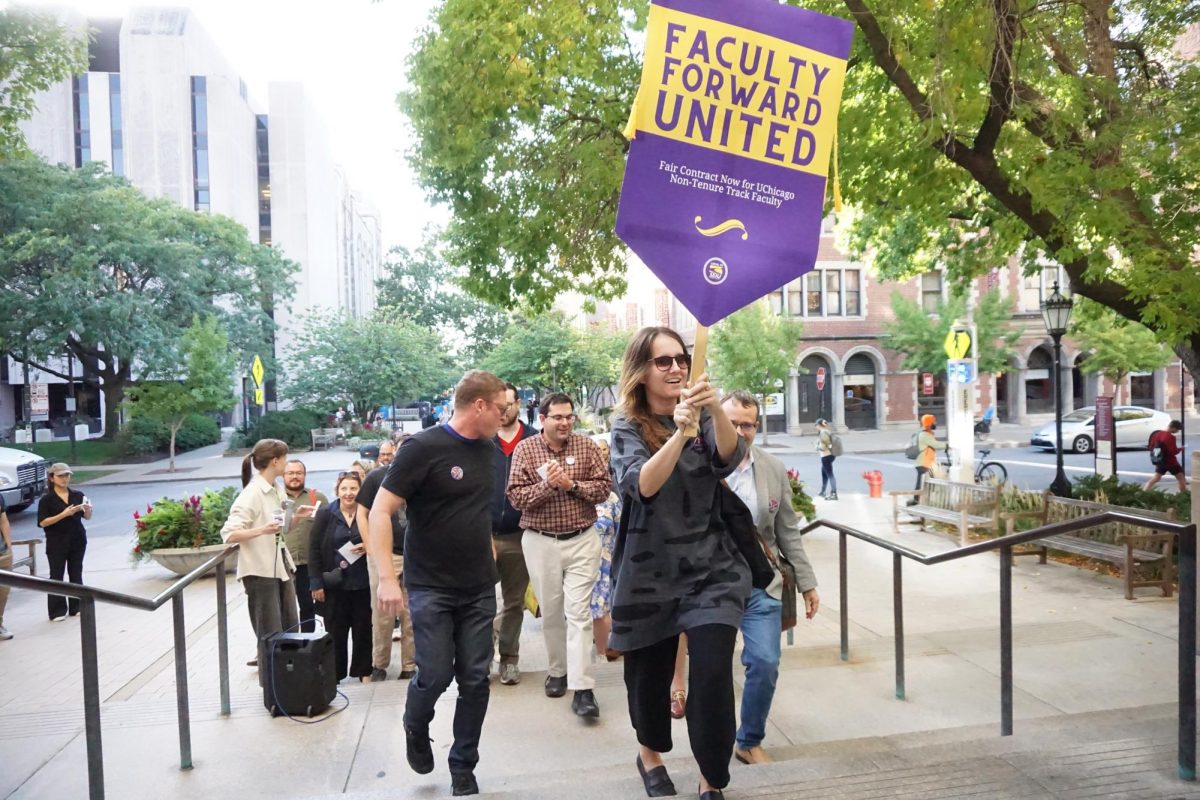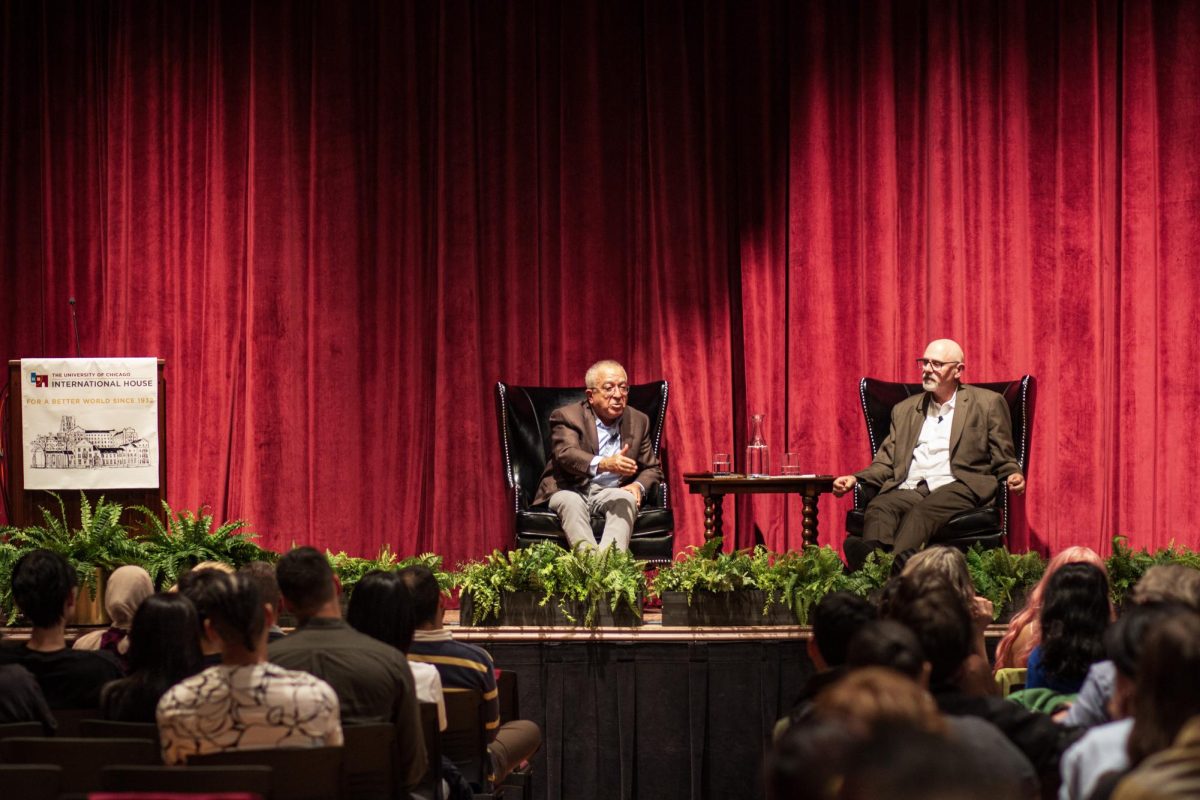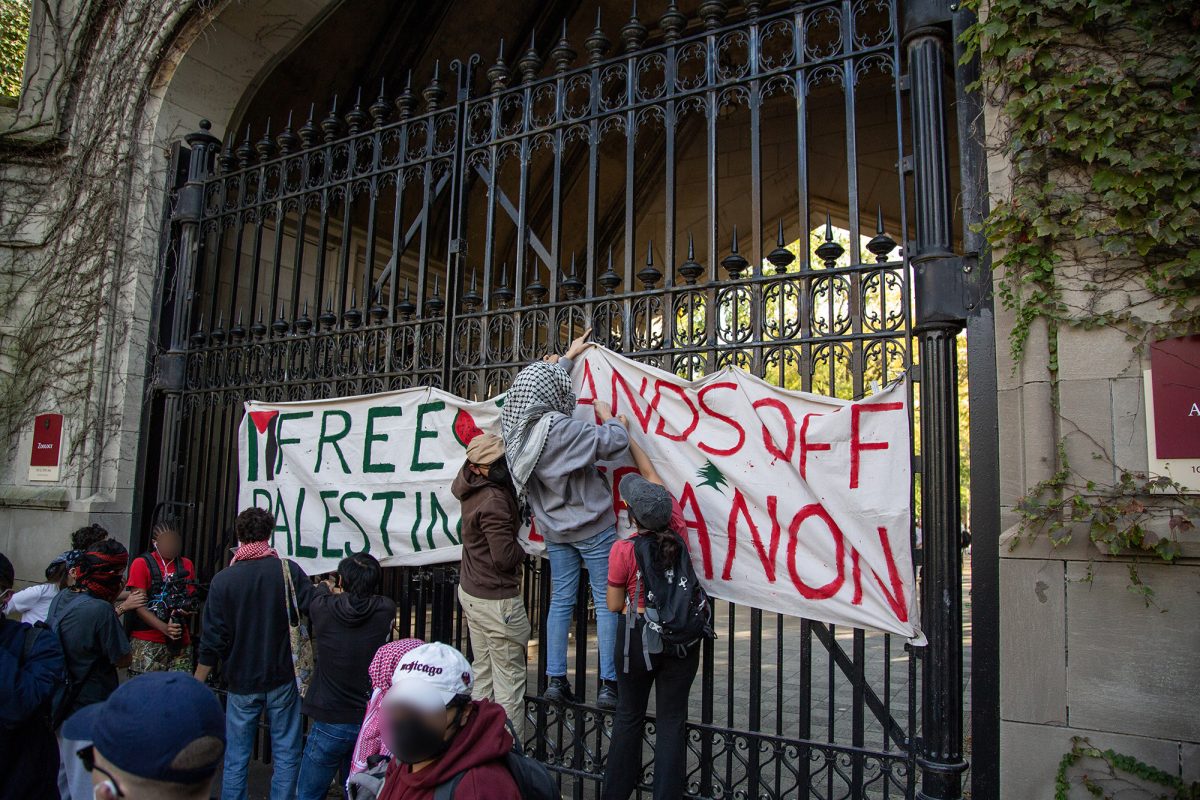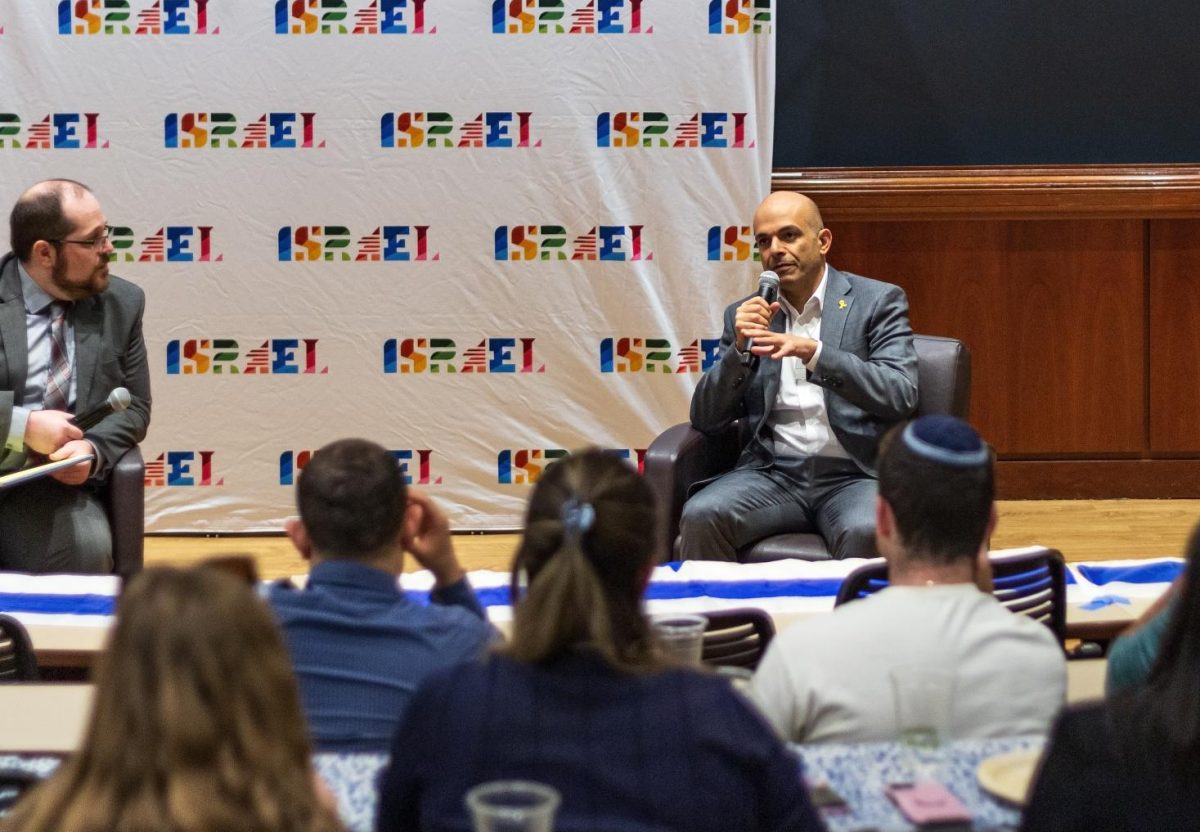Congressman David Wu (D-Oregon) recently initiated a bill in the House of Representatives to investigate the pricing policies of the nation’s leading college textbook publishers. The bill, introduced November 11, was subsequently turned over to the House committee on education and the workforce, of which Wu is a member.
“American college students should not have to pay double what overseas students pay for identical college textbooks,” Wu said. “The pricing practices of the college textbook industry defy common sense, and today I am announcing legislation to get to the bottom of it.”
The push to investigate the publishing industry’s pricing policies came almost a month after The New York Times printed a front-page article on October 21 exposing the high textbook prices that US college students are routinely forced to pay.
Recent studies showed that college bookstores are required to sell books at double the price offered overseas, and are often not allowed to sell cheaper alternatives, such as paperback versions.
Wu confirmed the findings in a public demonstration at Portland State University’s bookstore on November 7.
University officials echoed the concerns raised by this relatively new movement.
“We can only order what the publishers are willing to sell and they set the prices for the textbooks,” said Matthew Christian, a manager of the Seminary Co-op bookstore. “I know that people are buying imported textbooks online. We are not able to do that.”
Students at the University expressed support for Wu’s bill. According to Michael Hertzberg, a fourth-year in the College, the cost of a college education is rising quickly, and students need to find ways to cut the costs of their education. “The price of textbooks is an area where students have to pick up the whole burden,” he said.
The bill calls upon the General Accounting Office (GAO) to inspect the issue thoroughlyand report its findings back to the House within one year.
Some considerations the GAO will address are: the average amount of money students spend on textbooks, the average costs to produce textbooks, the reasons for the price gap between the US and abroad, the extent of the price gap, the differences between newer editions of a particular textbooks, and how often those newer editions are released.
The University faculty is aware of the high cost of texts, and some have made motions to help the students. Economics professor Allen Sanderson was cited as being particularly helpful.
To fourth-year Elizabeth Frate, who took a class with Sanderson two years go, the professor’s decision to let students use an earlier edition than the current one stood out in her mind, especially because it cost half as much as the newer text.
“It was nice because he was really strong-willed about us not having to go out and buy an expensive hardcover book,” Frate said.
Professors also help out by using the same textbook for several quarters. This is especially true of sequence courses in certain departments.
“The reason why I’m not bothered by paying a lot for textbooks is because I tend to take classes where the same textbooks are used over several quarters, so I get a lot of use out of them,” said Nina Prasad, a fourth-year economics major.
The Internet’s growth as a forum for swapping used books was also cited as an alleviation to the high textbook prices. “With online services making students able to see prices across the board, no one can be able to price much differently,” Christian said. “For students, the Internet has actually improved things.”
Besides advocating the bill to help students, Wu has always been devoted to educational concerns. He lists education as his top priority as a congressman and said most of his initiatives in Congress have been regarding education.
12-2-03books



